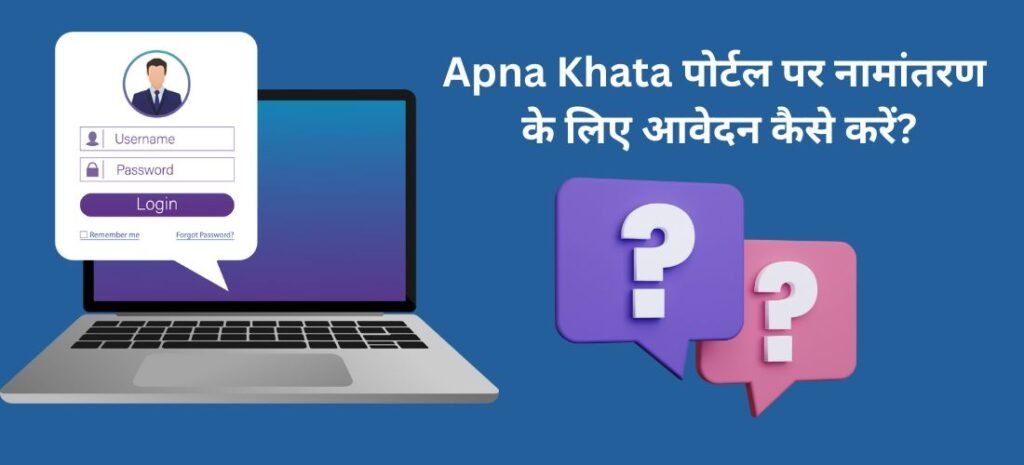When you’re approached by law enforcement, it’s easy to feel overwhelmed. Whether you’re being questioned, searched, or arrested, it’s critical to understand your legal rights. Knowing what law enforcement can and cannot do empowers you to protect yourself in stressful situations and helps ensure that your constitutional rights are not violated. Here’s what you should know about your rights during a police search or arrest.
You Have the Right to Remain Silent
You can’t be forced to testify against yourself, according to the Fifth Amendment of the U.S. Constitution. In some places, you don’t have to answer any questions from police officers other than letting them know who you are. “I am exercising my right to remain silent” is a polite thing to say. This makes sure that nothing you say can be used against you in court. It’s best to keep quiet until you talk to a lawyer because anything you say, even if it seems harmless or worried at the time, could be used against you later.
You Have the Right to Refuse a Search (In Most Cases)
You have the right to say no to a police search of your car, home, or things unless they have a warrant or a good reason to do so. Saying “I do not consent to a search” is often enough to prevent officers from searching without justification. However, if they believe evidence is in plain view or if they claim probable cause, they may proceed anyway. Still, your refusal can be important later in court if your case involves challenging the legality of a search.
Note: At traffic stops, the rules vary slightly. Officers may frisk or search if they believe there’s a threat or if you give consent. Always be clear and respectful if you decline a search.
You Have the Right to an Attorney
If you are arrested or detained, you have the right to request a lawyer immediately. Once you ask for an attorney, questioning by the police should stop. Do not wait until charges are filed—invoke this right as soon as possible. Having a lawyer protects your rights, especially when you are being questioned or when you go to court.
Remember, public defenders are available if you cannot afford a private attorney. While private legal counsel may provide more individualized attention, every person has the right to competent legal representation regardless of income level.
You’re Protected from Unlawful Searches and Seizures
The Fourth Amendment guards against unreasonable searches and seizures. Police cannot barge into your home or search your personal property without a warrant, unless there are exigent circumstances, such as someone being in danger or evidence being destroyed. If your rights are violated, any evidence obtained unlawfully may be excluded from court, weakening the prosecution’s case.
Understanding more here can make a huge difference in how you handle such situations. Many people unknowingly waive their rights simply because they don’t realize what protections the Constitution affords them.
What to Do If You’re Arrested
If you’re being arrested:
- Do not resist, even if you believe it’s unjust. Resisting can result in additional charges.
- State that you want to remain silent and ask for a lawyer.
- Avoid discussing your case with anyone else while in custody, including over the phone or with fellow inmates. These conversations can be monitored.
Final Thoughts
Staying calm and informed is essential. If your rights were violated, that doesn’t automatically dismiss your case, but it can significantly affect how it proceeds in court. Knowing your rights during a police search or arrest helps protect you from unlawful practices and ensures you’re better prepared if you ever find yourself in such a situation.
Being proactive by learning more here and consulting a criminal defense attorney can make a lasting difference in safeguarding your future.


